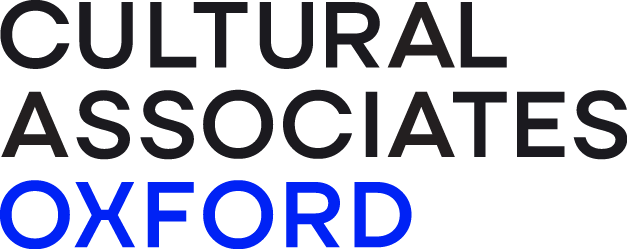Emily Scott-Dearing is a museum and science communication consultant with 18 years’ experience in interpretive planning, creative commissioning, gallery and exhibition delivery and master planning for the cultural sector and in public engagement for the university and STEM sectors.
Emily’s passion is connecting audiences with ideas and collections especially, but not exclusively, from the past, present and future of science and medicine. She has curated exhibitions at Wellcome Collection and Francis Crick Institute and worked with Natural History Museum, Oxford University and Science Museum Group. She sits on the Board of Oxford University’s Museum of Natural History and on science engagement advisory boards for Science Oxford and University of Dundee.
During 16 years at the Science Museum in London, Emily led multi-disciplinary teams to deliver an array of permanent galleries, temporary exhibitions, events programmes, festivals and digital content. Here she gained formative experience of curating historic collections, contemporary collecting, participatory practice and creating experiences with high levels of digital and hands-on interactivity. She was Lead Curator for the Museum’s transformative Medicine Galleries project, providing strategic direction and content leadership for this suite of five new permanent galleries. As Head of Exhibitions & Programmes she launched the Museum’s return to major ticketed exhibitions with the acclaimed Collider and then Cosmonauts and established the Museum’s Touring Exhibitions unit. She was project lead for the multi-million-pound re-developments of two of the Museum’s most popular galleries: Who am I? and Launchpad.
Prior to her work in the cultural sector Emily was a biomedical research scientist, working as a post-doctoral research fellow at the Marie Curie Research Institute. She holds a Biology Degree from University College London and gained her PhD from the University of Cambridge, studying gene therapy for Cystic Fibrosis under the supervision of Prof Bill Colledge and Nobel Laureate Prof Sir Martin Evans.

